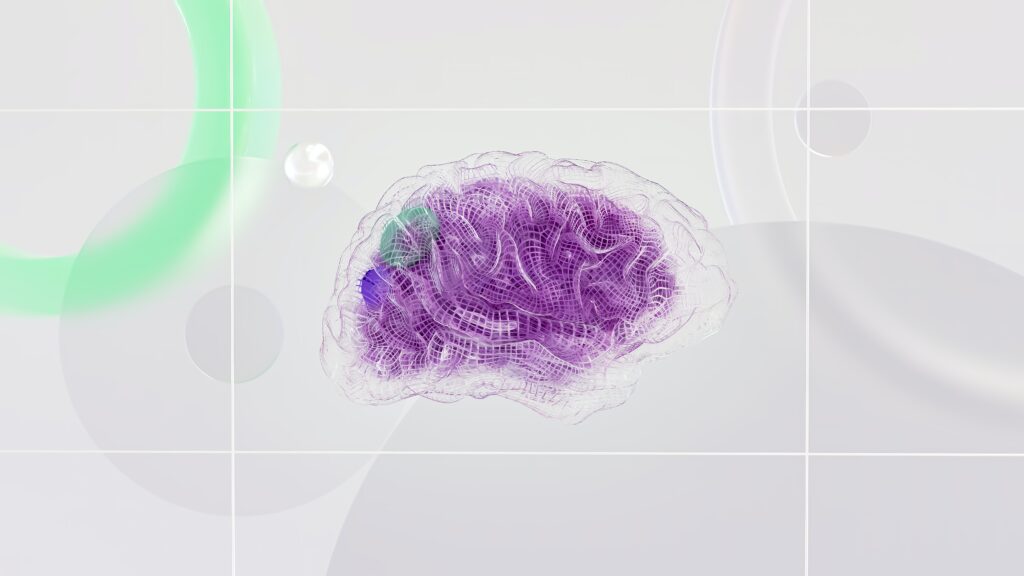
The Electronic Clinical Dementia Rating (eCDR) is a digital tool showing potential in dementia screening and staging, according to a recent cross-sectional study. The eCDR, which can be self-administered remotely and scored automatically, was compared to the Clinical Dementia Rating (CDR), a widely used instrument for detecting and staging dementia due to Alzheimer disease.
Recent study from the USA
The study involved 288 participants, aged 55 years and above, from three Alzheimer Disease Research Centers and the Brain Health Registry. Participants completed both the CDR and eCDR, with the latter being completed remotely and unsupervised.
The findings revealed that the eCDR showed high concordance with the CDR at item, box, and global levels. The concordance ranged from 80% for memory to 99% for personal care. The global score concordance rate was 81%. The study also found that eCDR scores correlated with CDR-SB scores with moderate to high accuracy.
These results suggest that the eCDR is a valid tool for screening and assessing cognitive and functional decline related to Alzheimer disease in older adults. The study emphasises the need for further validation and optimization of eCDR content and scoring in diverse populations and remote settings.
How does this work?
The eCDR works by allowing participants to complete the dementia screening and staging process remotely, using their own device. It is designed to be user-friendly and can be self-administered without supervision. Once the participant completes the eCDR, the tool automatically scores the results. This digital tool is structured similarly to the CDR, rating cognitive and functional impairment across multiple domains. However, unlike the CDR, the eCDR does not rely on clinical judgement to assign scores, instead using an automated scoring algorithm. This feature, along with its remote administration capability, makes the eCDR a potentially more efficient and accessible tool for dementia screening and staging.
This could lessen the burden of in-clinic research visits by using remote administration with automated scoring could revolutionise dementia screening and assessment, facilitating clinical research, clinical trials, and healthcare.
